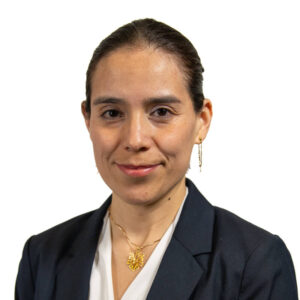Challenging the concept of intelligence with a training program and a book to follow
Researchers
Background
The search for extraterrestrial intelligence, known under the acronym SETI, is a multi-faceted scientific endeavor that includes radio-signal, laser-signal, and bio-and/or techno-signature searches across the cosmos. The SETI moniker specifically frames the search in terms of human-defined intelligence.
Problem
How intelligence is classified matters greatly. How that definition is applied matters even more. Anthropomorphic, colonialist, and exclusionary definitions of intelligence have discounted—and continue to discount—the numerous intelligences of indigenous peoples, marginalized individuals, and other life forms. For example, during the eras of colonization and slavery in the Americas, Europeans and Anglo-Americans declared their conquests to be unintelligent based on linguistic, cultural, and technological differences. Therefore, these native and enslaved persons were given less status as humans or even declared to be sub-human. These examples demonstrate how we persistently and narrowly manipulate definitions of intelligence, raising a host of ethical concerns—as we search the cosmos and as we interact with each other and other life forms here on Earth. Such definitions develop concepts we use to see each other as well as potential life in the universe.
Goals
The project has two specific goals. First is the completion and distribution of training materials addressing the challenges of defining intelligence and subsequently using those concepts to search for extraterrestrial life. These materials include a short, asynchronous credentialing course. The course features videos by subject matter experts (SMEs) across multiple, relevant disciplines, such as communication, bioethics, neuroscience, anthropology, psychology, history, art and the humanities, astronomy, and astrophysics. To earn the credential, participants will watch the videos and then complete a series quizzes designed to assess their learning. Second is the preparation of an edited book, which will expand upon each expert’s lecture developed for the training. The goal for the course and the book is to dive deeper into challenges presented by framing the search for extraterrestrial life through the lens of intelligence.
To develop the training, more than a dozen SMEs were recruited. Each SME created a lecture connecting their research to dominant understandings of intelligence and how the concept has been applied here on earth, as well as in SETI. For example, the communication expert discusses how intelligence is often framed as a function of language, whereas the astronomy and astrophysics expert talks about the challenges of doing SETI science grounded in assumptions about intelligence.
The training will be widely accessible to those interested in learning more about intelligence and earning a credential. The badge will show that participants have completed training in relation to the moral relevance of intelligences and how these concepts should inform SETI. This may be of particular interest to graduate and undergraduate students across disciplines and to professionals in astronomy-related fields, as well as to laypeople who simply want to learn more about life on Earth and beyond. Moreover, adoption of this asynchronous training will augment existing Penn State studies for enrolled students at the graduate and undergraduate levels.
This effort is the first such multi-disciplinary credential of its kind, expanding Penn State’s robust research and outreach related to SETI and the potential existence extraterrestrial life.
Progress
The training is currently in post-production. SME lectures are completed with accompanying written materials currently undergoing edits. Participant enrollment is expected during summer 2024. Concurrently, SMEs are drafting book chapters, with submission expected in early 2025.




